Preservatives & Natural Skin Care
The time has come to discuss a topic that has built up quite the reputation over the past few years. Having worked retail for a variety of natural skin care companies, I would argue that the most frequently ask questions by customers are those concerning the use of preservatives. And it’s not hard to see why!
The likely culprit of our confusion?
In my opinion, a lot of the confusion stems from what I call the, ‘preservative-free’ movement and the ‘paraben scare.’ Studies were conducted (thank goodness), and a respectable amount of preservatives used in the most common commercial-based products were deemed dangerous, toxic, and threatening to our health. One minute later, someone decided ALL preservatives were bad, unnecessary, and downright offensive to even read on a product label. While there are, without question, some preservatives we should do our best to avoid, do not let a few bad apples destroy your faith in the rest of them.
Here are some of the most common questions I hear (and have asked myself) regarding preservatives and how they operate in the realm of Green Chemistry, and help maintain healthy skin. It is my hope, and Bee Naturals’ mission, that these explanations help clarify some of the confusion, and equip you with the knowledge necessary to make informative and healthy consumer choices.
Frequently Asked Questions & Straightforward Answers:
Let’s start off easy…
What is a preservative?
- A preservative is an ingredient used in products to inhibit the growth of microbial contaminants (bacteria, mold, and yeast).
- Some preservatives can protect against all three contaminants and are known as, broad spectrum preservatives. Because not all preservatives are blessed with such abilities, it is common for manufacturers to use a few in combination with one another to ensure the formula can defend itself against all microbial enemies.
What do you risk when you don’t have a preservative?
- Without the use of preservatives, you run the risk of your product spoiling and becoming a microbial breeding ground for all kinds of health concerns, even diseases. Imagine leaving the leftovers from dinner sitting on the counter for a couple of days. You wouldn’t eat them, right?
- Health concerns that can arise from bacteria overgrowth in a product include various forms of skin infections, toxic shock, strep throat, eye infections, etc.
Does EVERY skin care product need a preservative?
- Primarily, water-based lotions and creams need a preservative. Products like lip balms and water-free ointments, generally are considered, ‘self-preserved’, as they don’t contain all the necessary elements from organisms to grow and multiply.
What about parabens?
- Well…there are many opinions on this matter. On one side, we have those reputable sources who strongly believe that parabens are misunderstood, and, if used correctly under the right specifications, are perfectly safe. To keep a long story short, the paraben-cancer scare is said to have started when, in 2004, Dr. Philippa Darbre published a study in the Journal of Applied Toxicology that alluded to the possibility of parabens causing cancer. The study has since been deemed inaccurate and has been discredited. However, general public consensus rules parabens DO still cause cancer, so many manufactures have chosen to use other alternative preservatives.
*For more on this story, check out this article written by Perry Romanowski
- Regardless, there are still many articles claiming parabens do pose threats to our health. To stay clear of the paraben mess of opinions altogether, some companies, such as Bee Naturals, simply avoid paraben use altogether.
What preservatives are found in Bee Naturals products?
- We use phenoxyethanol blended with sorbic acid/potassium sorbate for the majority of our water containing products.
- This is our blend of choice because of its long history of safe use, as well as their ability to fully defend our products against the most harmful microbes.
References
https://chemistscorner.com/how-to-prevent-contamination-in-cosmetic-products/
https://cosmetictestlabs.com/five_most_common_types_of_preservatives_used_in_cosmetics.html
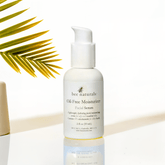

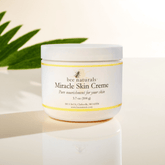

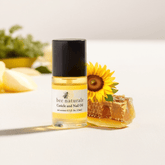

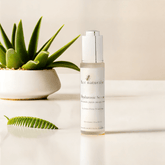


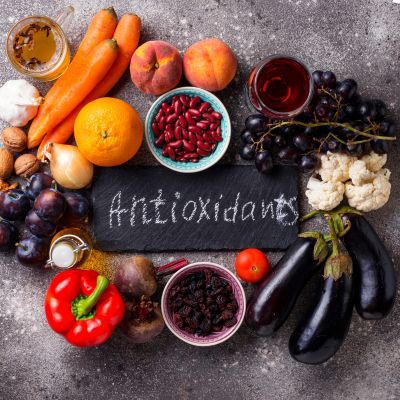
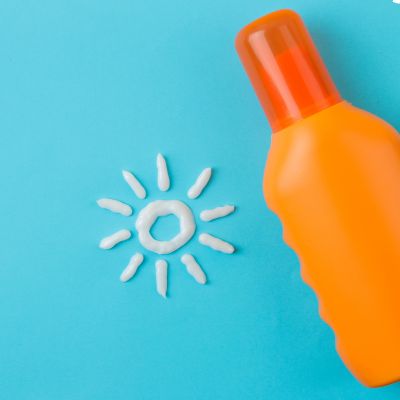
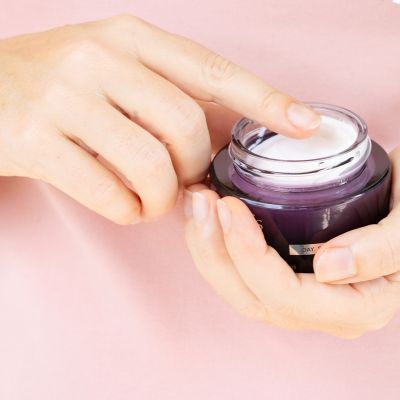
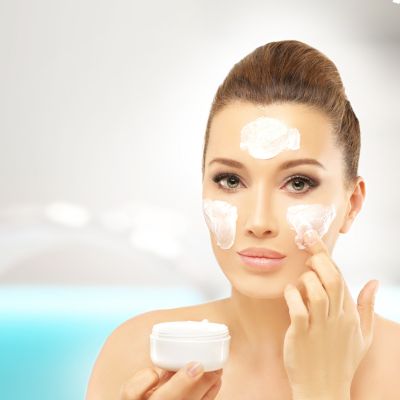
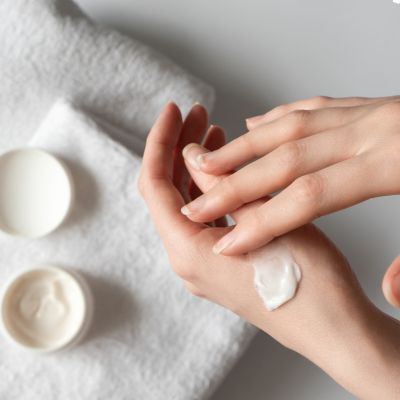
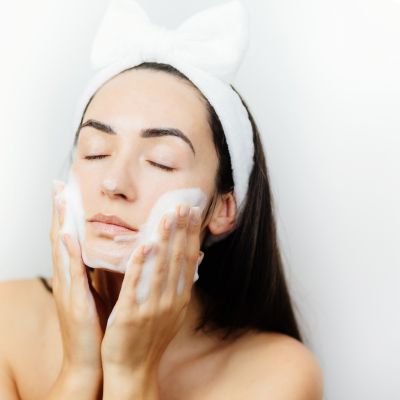
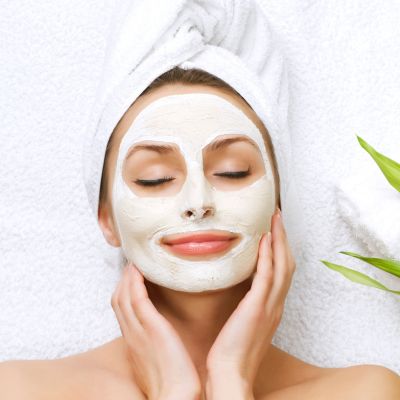
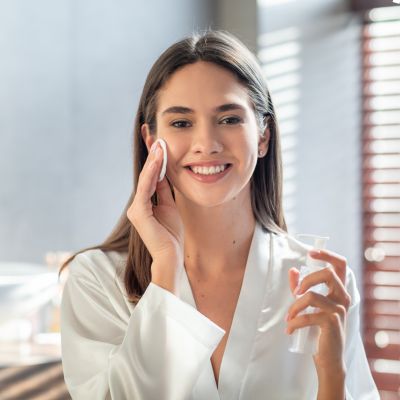
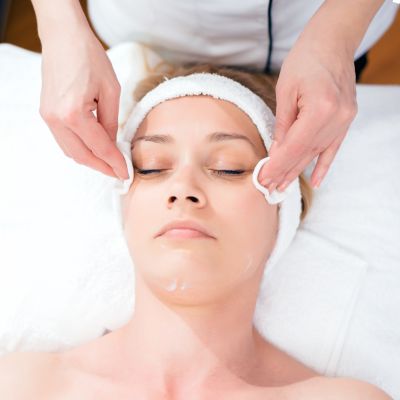
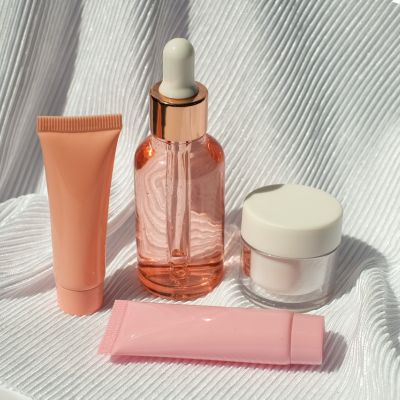
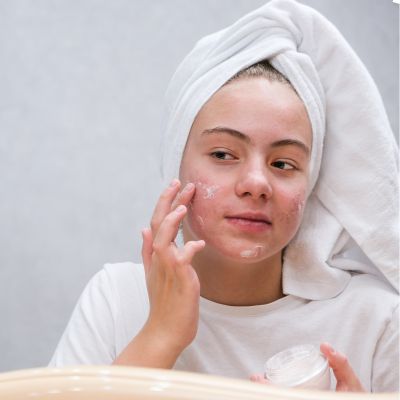
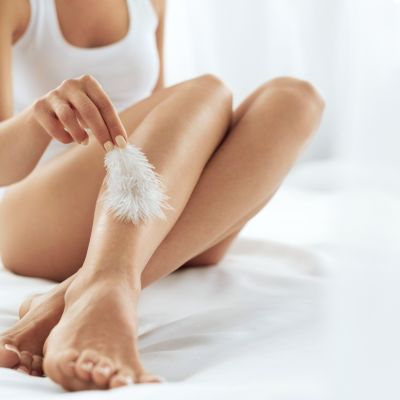
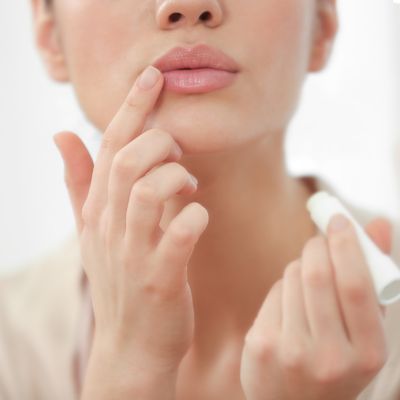
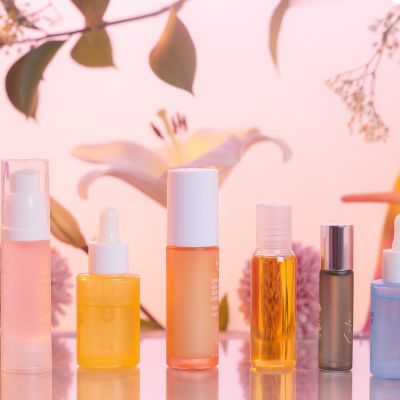
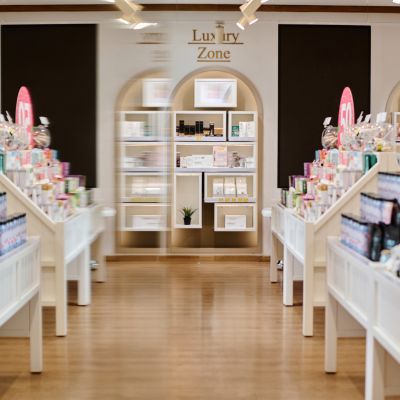
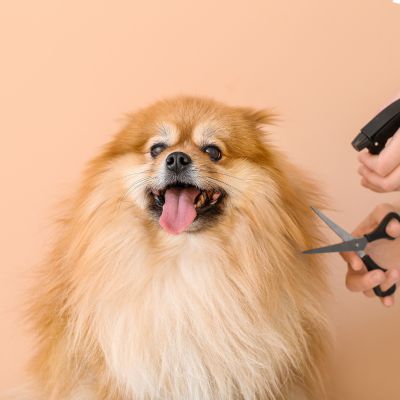


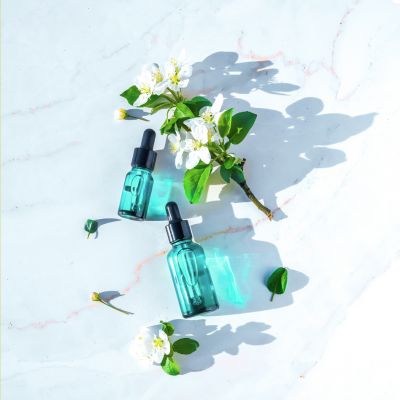
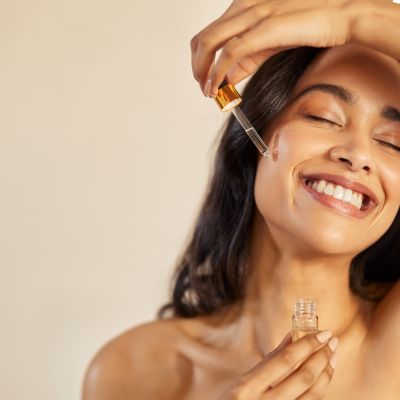
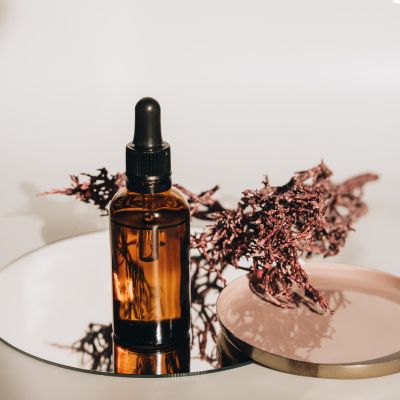
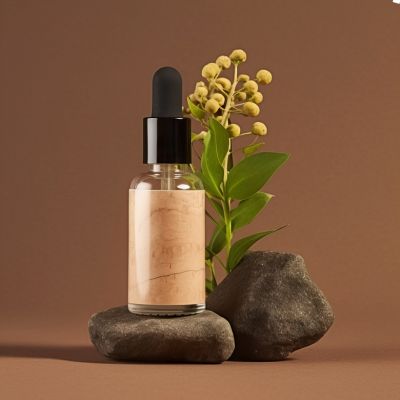
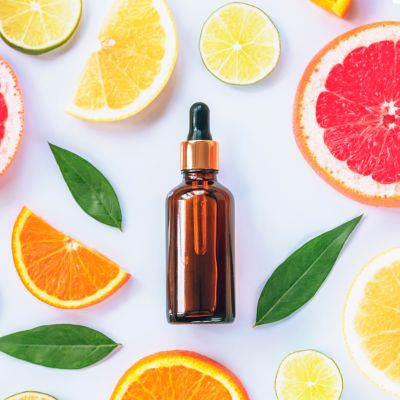
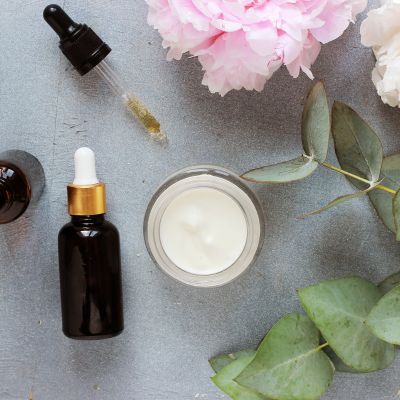
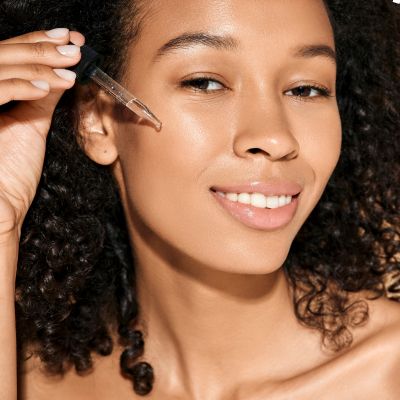
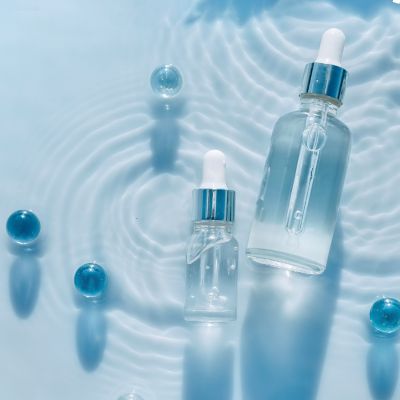
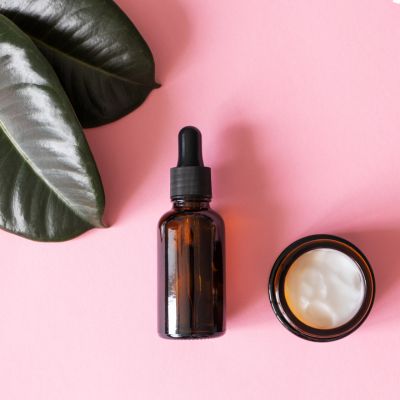
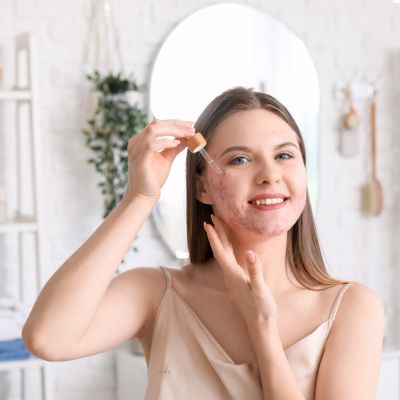
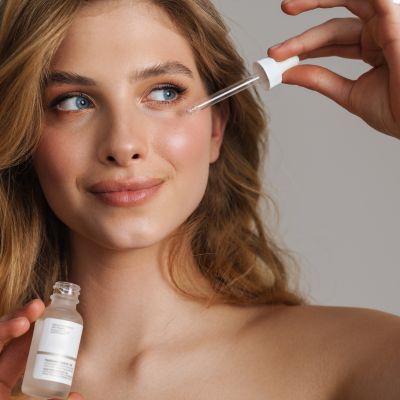
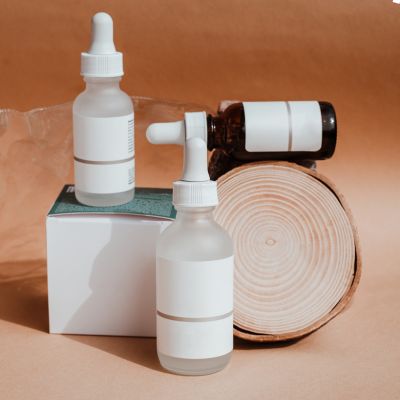



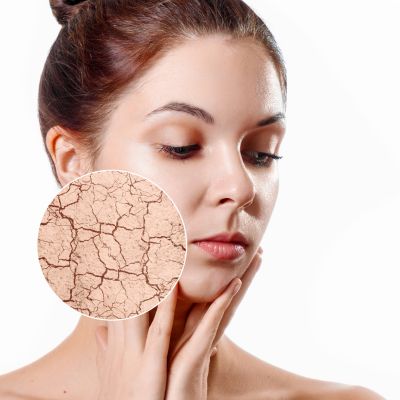
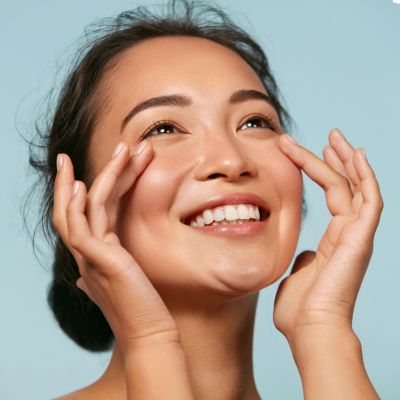


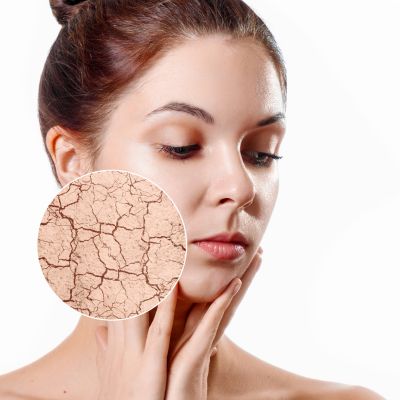
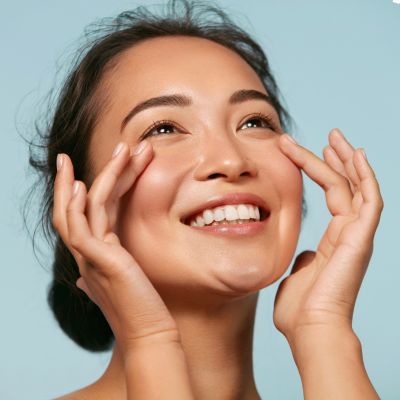
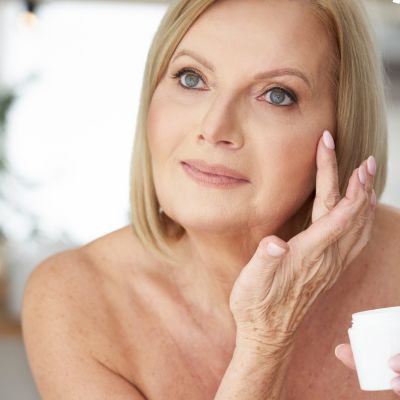
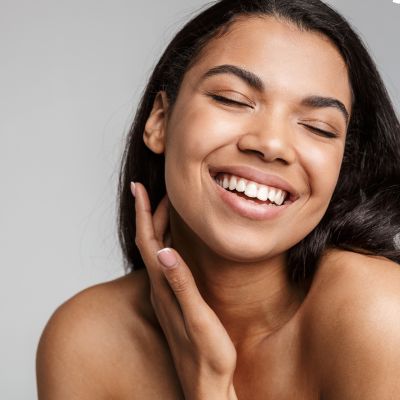
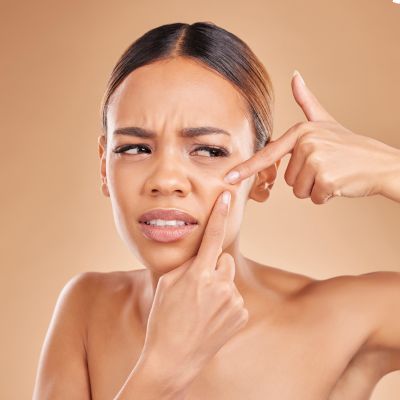
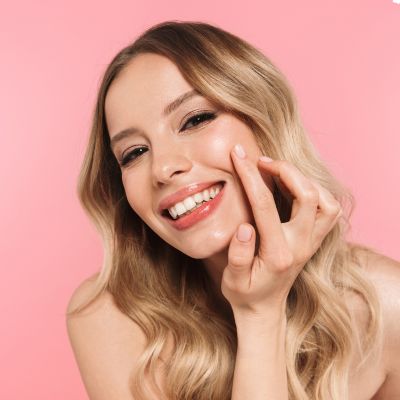
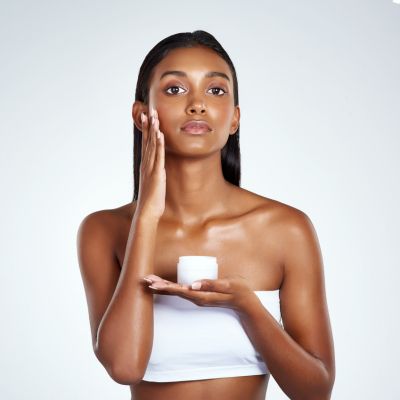
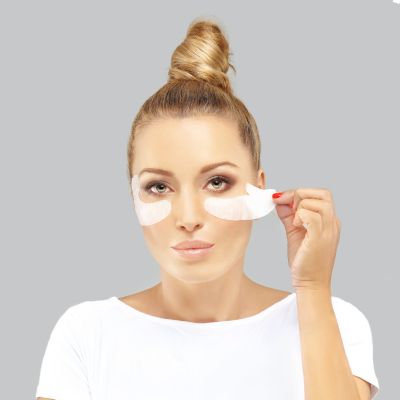
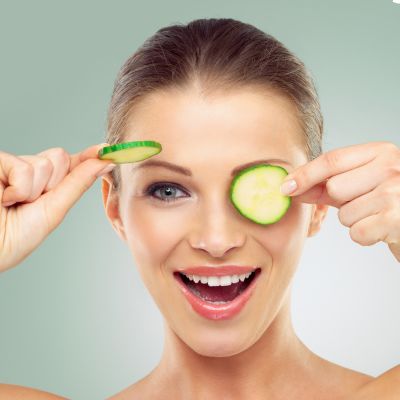

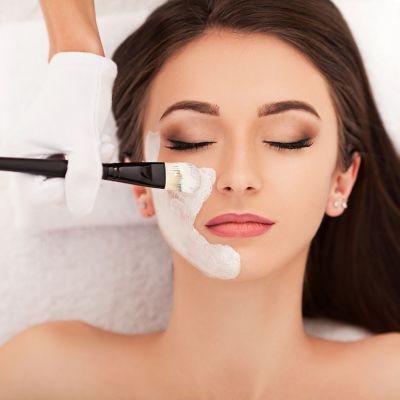
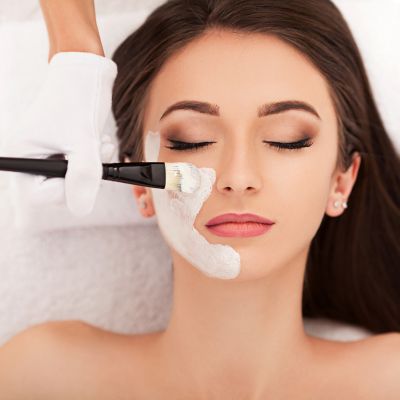
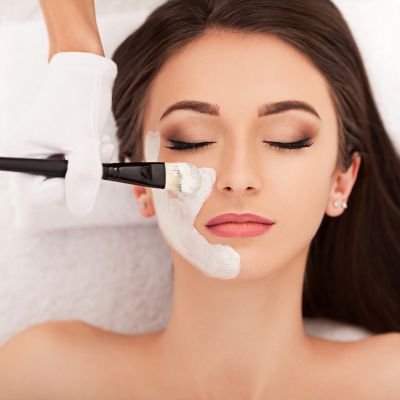
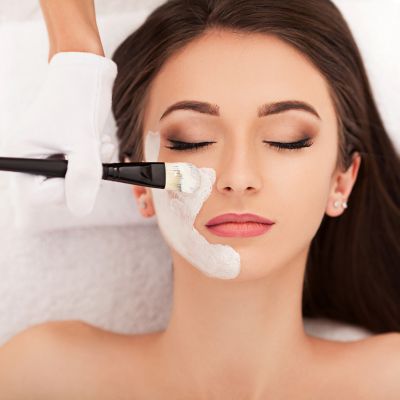
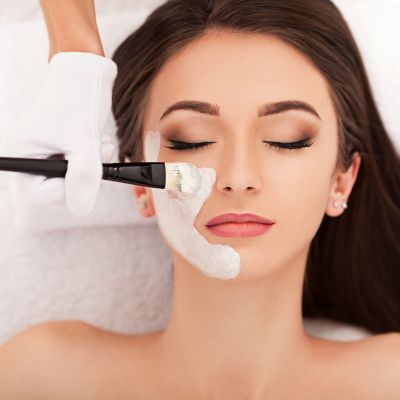
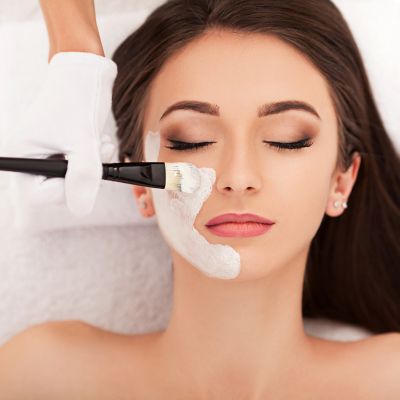
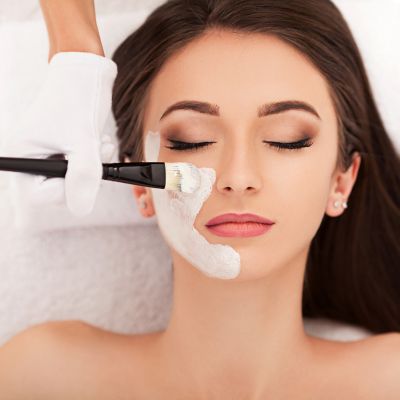
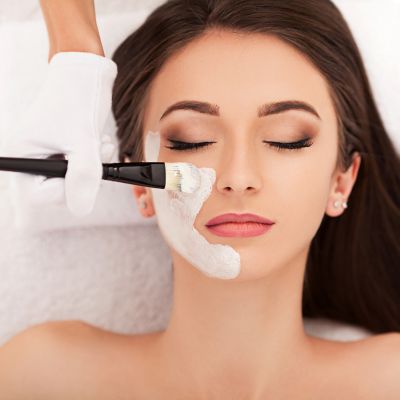
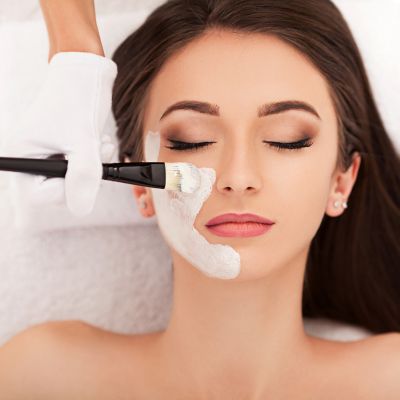
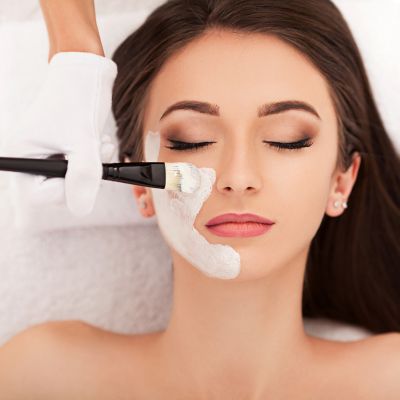
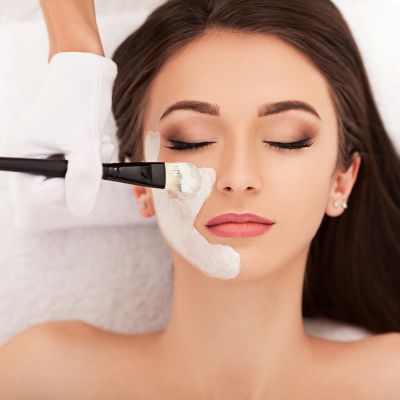
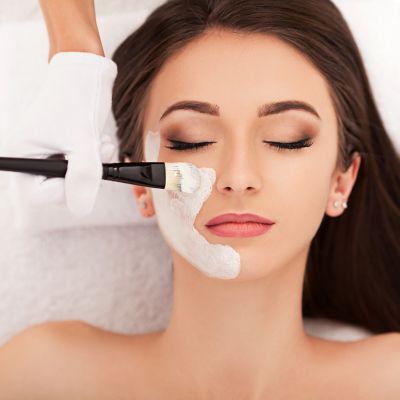
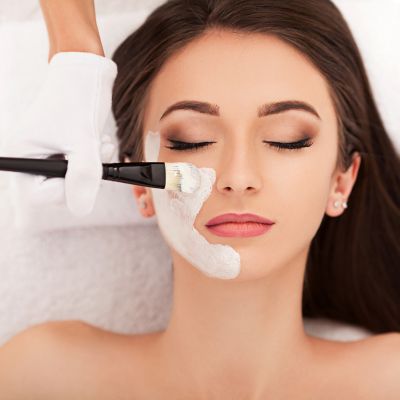
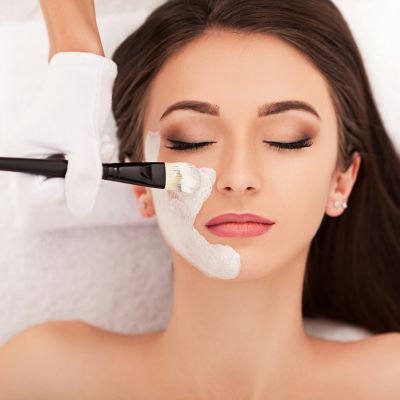
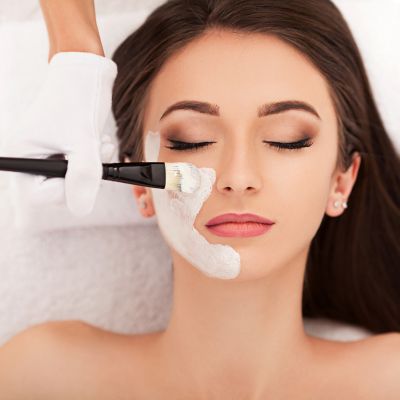



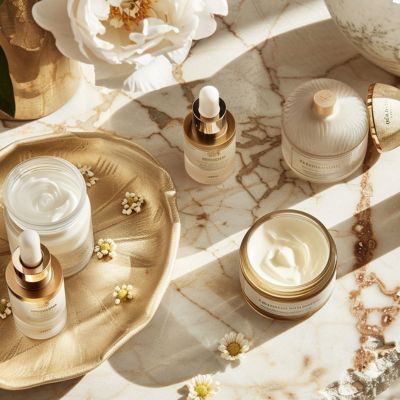
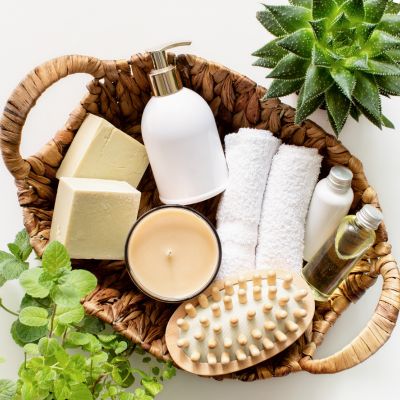

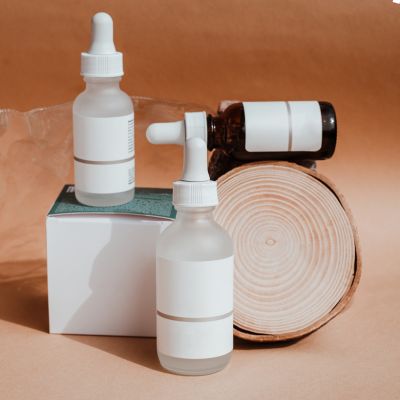
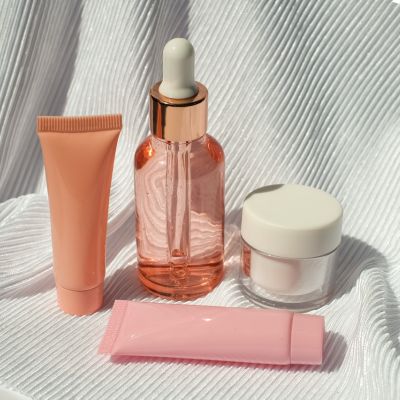


Leave a comment
Please note, comments need to be approved before they are published.